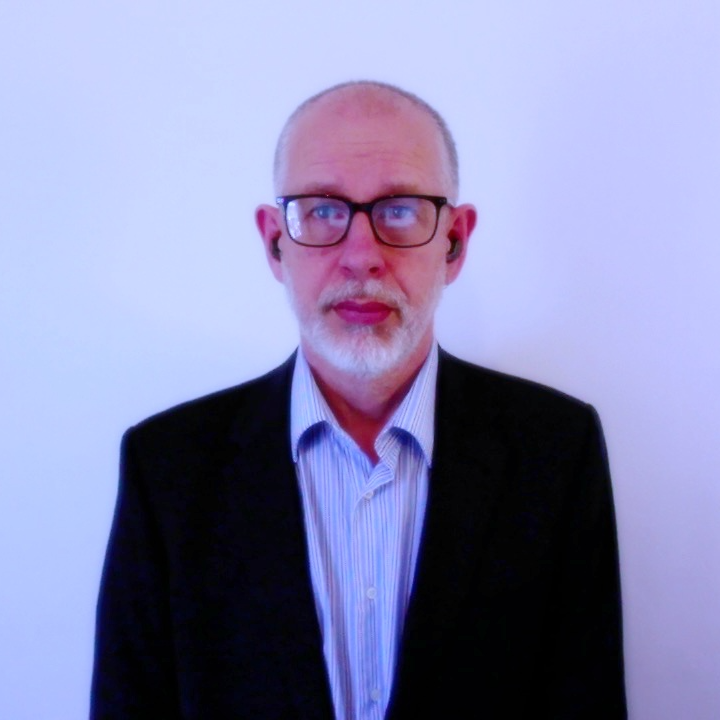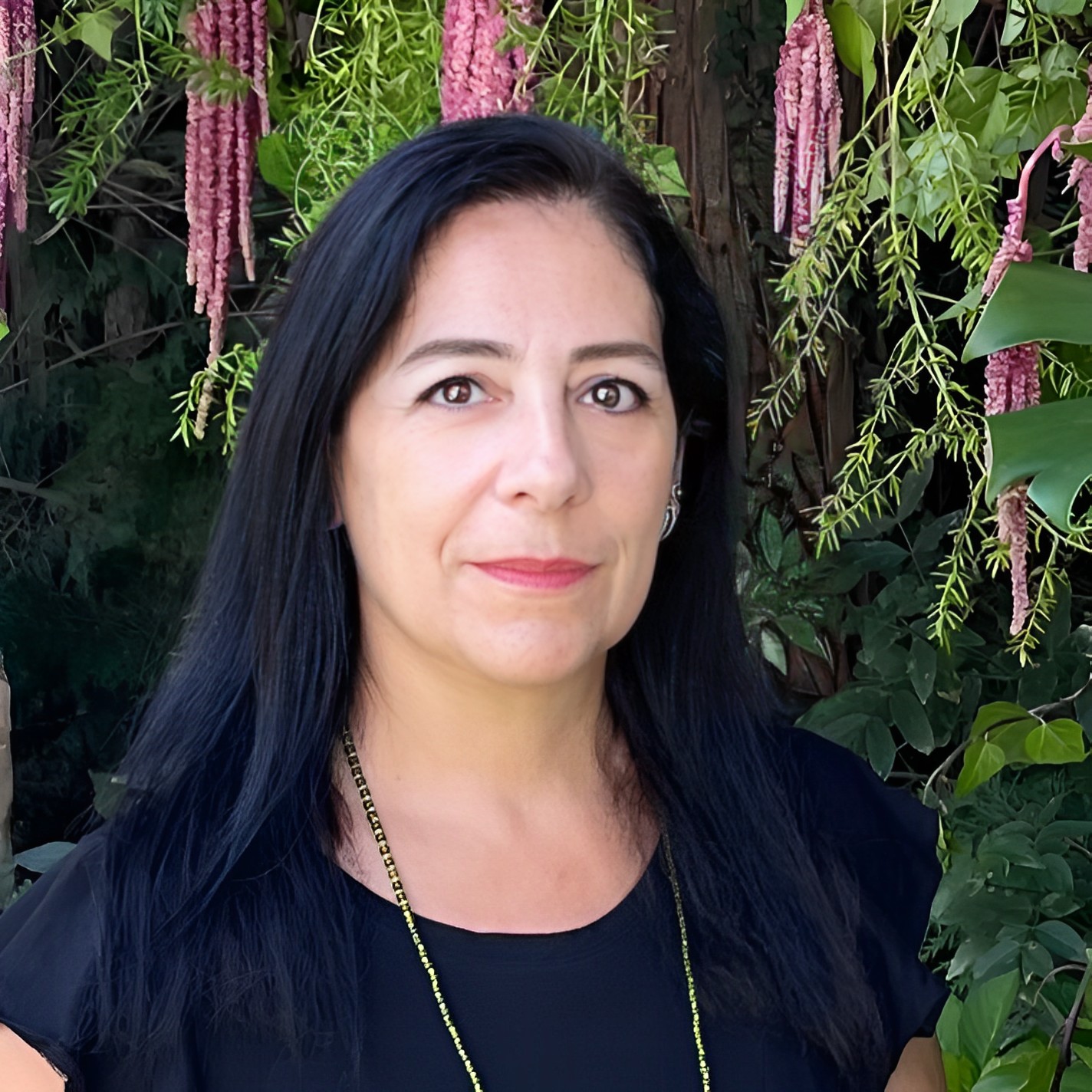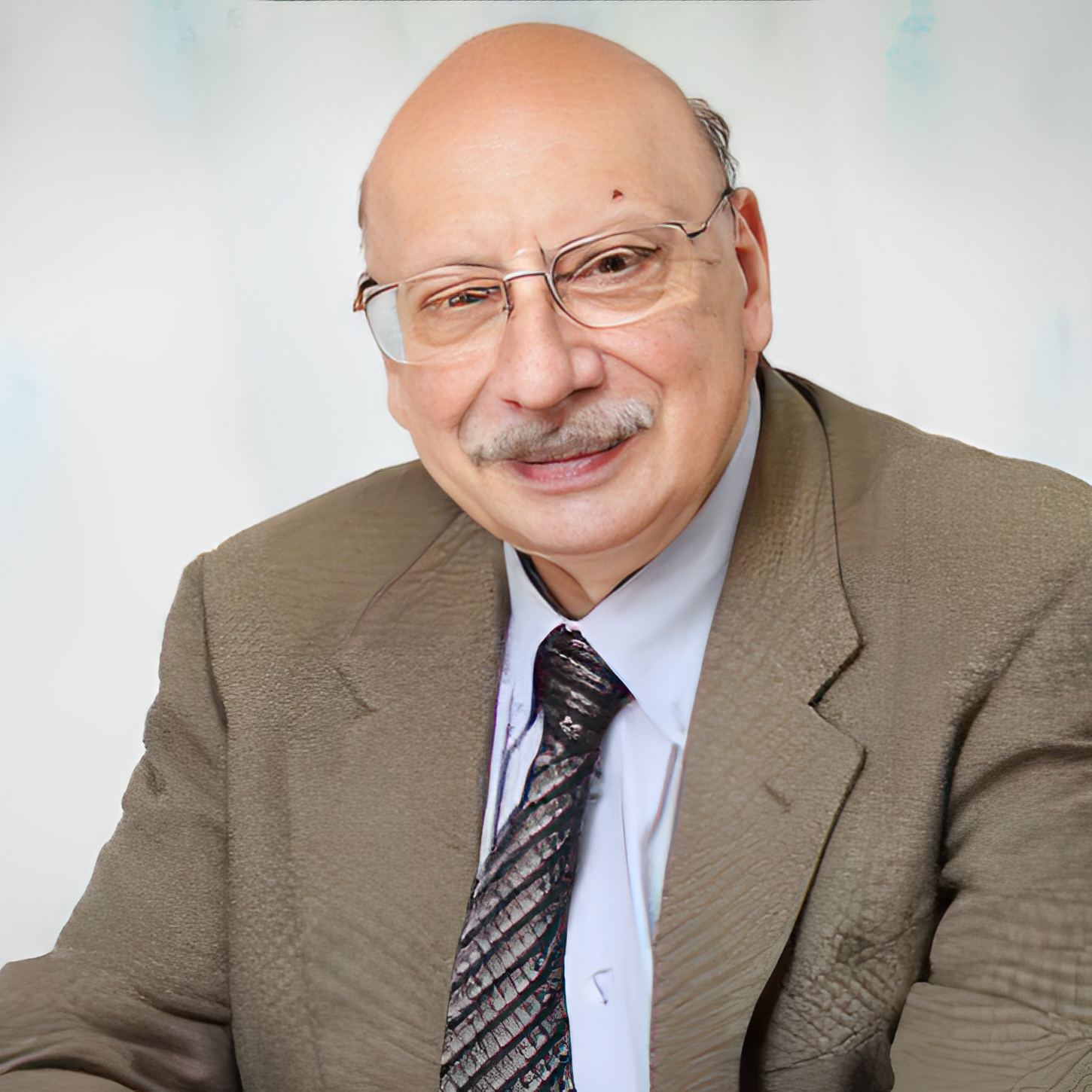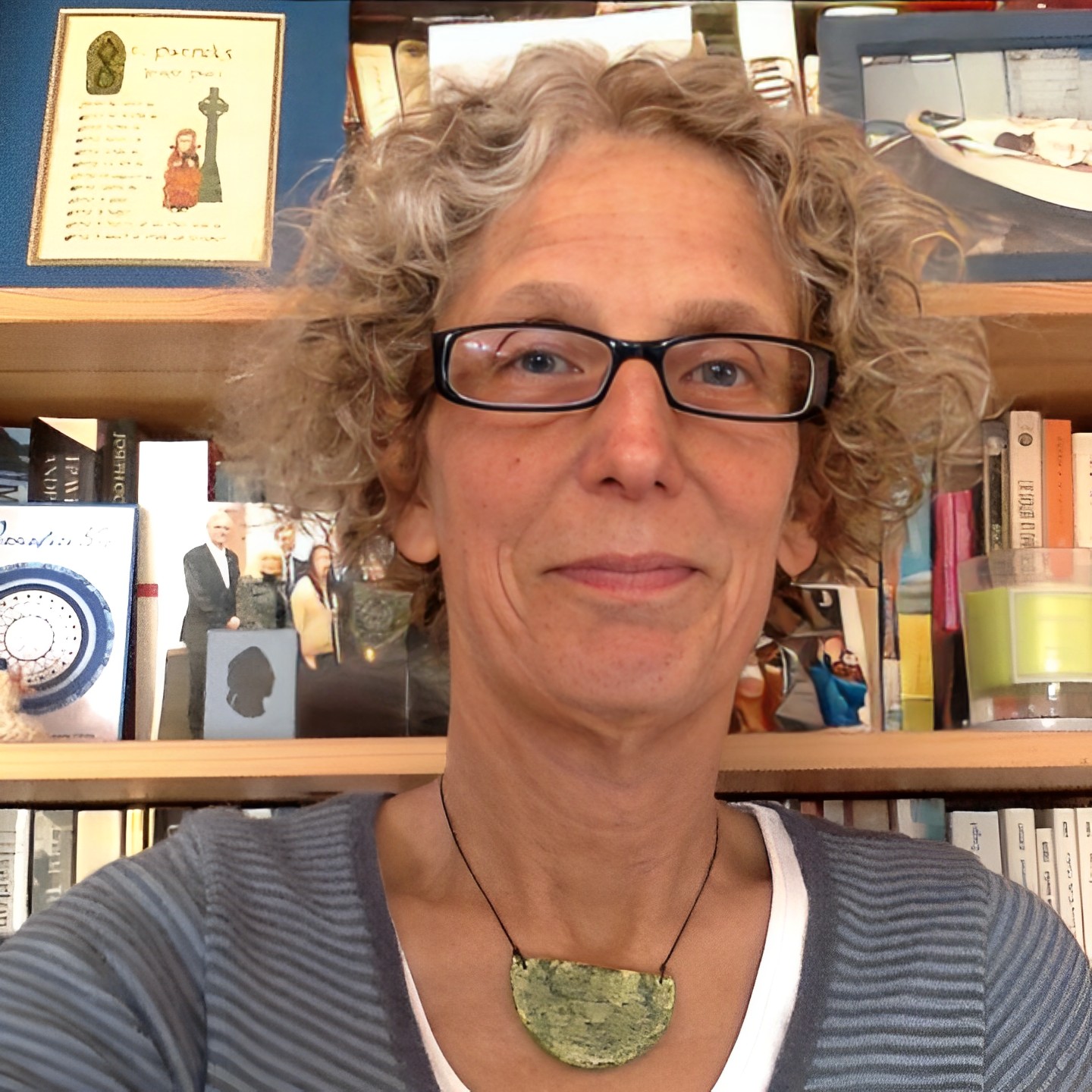Conference Outline*
All times are Indochina Time (UTC+7)
All times are Indochina Time (UTC+7)
Conference Venue: Khum Phucome Hotel & Convention Hall, Chiang Mai
12:00-13:00: Conference Registration & Coffee | Lobby (1F)
13:00-14:30: Workshop 1 | Sri Sachanalai (1F)
How to Design Materials to Boost Language Learners’ Reading Skills with Clilstore
Ana Gimeno, Universitat Politècnica de València, Spain
Caoimhín Ó Dónaill, Ulster University, United Kingdom
14:30-14:45: Coffee Break | Lobby (1F)
14:45-16:15: Workshop 2 | Sri Sachanalai (1F)
Using the International Virtual Exchange Project to Allow Your Students Access to Collaborate Internationally
Eric Hagley, Griffith University, Australia
18:00-19:00: Welcome Reception | Poolside (1F)
All times are Indochina Time (UTC+7)
Conference Venue: Khum Phucome Hotel & Convention Hall, Chiang Mai
09:00-10:00: Registration & Coffee | Lobby (2F)
10:00-10:30: Welcome & Recognition of WorldCALL Scholars
10:30-11:30: Keynote Presentation 1 | Sawankalok Hall (2F)
How CALL Can Help Save Language Learning in Critical Times
Marta González-Lloret, University of Hawai'i at Mānoa, United States
11:30-11:45: Coffee Break | Lobby (2F)
11:45-12:45: Keynote Presentation 2 | Sawankalok Hall (2F)
Why Theory Matters: Conceptualizing CALL
Regine Hampel, The Open University, United Kingdom
12:45-13:45: Lunch Break | Baiteoy Restaurant (2F)
13:45-14:45: Keynote Presentation 3 | Sawankalok Hall (2F)
Critical Times for CALL: a Retprospective
Andrew Lian, Suranaree University of Technology, Thailand; Ho Chi Minh City Open University, Vietnam; University of Canberra, Australia
14:45-15:00: Coffee Break | Lobby (2F)
15:00-16:00: Keynote Presentation 4 | Sawankalok Hall (2F)
Artificial Intelligence and English Language Teaching – Challenges and Opportunities
Nik Peachey, PeacheyPublications, United Kingdom
16:00-16:15: Conference Photograph
19:00-21:00: Conference Gala Dinner | Sawankalok Hall (2F)
All times are Indochina Time (UTC+7)
Conference Venue: Khum Phucome Hotel & Convention Hall, Chiang Mai
09:00-09:30: Registration & Coffee | Lobby (1F)
09:30-11:30: Onsite Parallel Presentation Session 1
Room: Kirimas (1F) | Artificial Intelligence
Room: Sri Nakron (1F) | Telecollaboration/Virtual Exchange
Room: Sri Sachanalai (1F) | Online and Mobile Learning
Room: Thung Saliam (2F) | Virtual Reality
11:30-11:45: Coffee Break | Lobby (1F)
11:45-13:15: Onsite Parallel Presentation Session 2
Room: Kirimas (1F) | Artificial Intelligence
Room: Sri Nakron (1F) | Language Skills Development
Room: Sri Sachanalai (1F) | Online and Mobile Learning
Room: Thung Saliam (2F) | Task-based Learning
13:15-14:15: Lunch Break | Baiteoy Restaurant (1F)
14:15-15:45: Onsite Parallel Presentation Session 3
Room: Kirimas (1F) | Artificial Intelligence
Room: Sri Nakron (1F) | Learner & Curriculum Needs
Room: Sri Sachanalai (1F) | Task-based Learning
Room: Thung Saliam (2F) | Telecollaboration/Virtual Exchange
15:45-16:00: Coffee Break | Lobby (1F)
16:00-17:00: Technology Showcase | Sri Sachanalai (1F)
All times are Indochina Time (UTC+7)
Conference Venue: Khum Phucome Hotel & Convention Hall, Chiang Mai
09:00-09:30: Registration & Coffee | Lobby (1F)
09:30-11:30: Onsite Parallel Presentation Session 1
Room: Kirimas (1F) | Artificial Intelligence
Room: Sri Nakron (1F) | Language Skills Development
Room: Sri Sachanalai (1F) | Virtual Reality
Room: Thung Saliam (2F) | Learner & Curriculum Needs
11:30-11:45: Coffee Break | Lobby (1F)
11:45-13:15: Onsite Parallel Presentation Session 2
Room: Kirimas (1F) | Teacher Education
Room: Sri Nakron (1F) | Telecollaboration/Virtual Exchange
Room: Sri Sachanalai (1F) | Online and Mobile Learning
Room: Thung Saliam (2F) | Artificial Intelligence
13:15-14:15: Lunch Break | Baiteoy Restaurant (1F)
14:15-15:45: Onsite Parallel Presentation Session 3
Room: Kirimas (1F) | Learner & Curriculum Needs
Room: Sri Nakron (1F) | Telecollaboration/Virtual Exchange
Room: Sri Sachanalai (1F) | Online and Mobile Learning
Room: Thung Saliam (2F) | Teacher Education
15:45-16:00: Coffee Break | Lobby (1F)
16:00-16:40: WorldCALL Scholarship Awardees: Challenges to Implementing CALL | Sri Sachanalai (1F)
A series of short presentations from scholarship awardees
16:40-17:10: Panel Discussion & Closing Ceremony | Sri Sachanalai (1F)
Panel discussion with invited speakers & WorldCALL Steering Committee members followed by Closing Ceremony
All times are Indochina Time (UTC+7)
Conference Venue: Online via Zoom
08:55-09:00: Message from WorldCALL
09:00-10:40: Online Parallel Presentation Session 1
Room A (Live Stream) | No session
Room B (Live Stream) | General CALL
10:40-10:55: Break
10:55-12:35: Online Parallel Presentation Session 2
Room A (Live Stream) | Learner & Curriculum Needs
Room B (Live Stream) | Virtual Reality
12:35-12:50: Break
12:50-14:30: Online Parallel Presentation Session 3
Room A (Live Stream) | Artificial Intelligence
Room B (Live Stream) | General CALL
14:30-14:35: Message from WorldCALL
*Please be aware that the above schedule may be subject to change.
Keynote Speakers
-
 Artificial Intelligence and English Language Teaching – Challenges and OpportunitiesMr Nik Peachey
Artificial Intelligence and English Language Teaching – Challenges and OpportunitiesMr Nik Peachey -
 How CALL Can Help Save Language Learning in Critical TimesProfessor Marta González-Lloret
How CALL Can Help Save Language Learning in Critical TimesProfessor Marta González-Lloret -
 Critical Times for CALL: a RetprospectiveProfessor Andrew Lian
Critical Times for CALL: a RetprospectiveProfessor Andrew Lian -
 Why Theory Matters: Conceptualizing CALLProfessor Regine Hampel
Why Theory Matters: Conceptualizing CALLProfessor Regine Hampel
Accepted Presentations
WorldCALL2023 has accepted presentations from 39 countries and territories: Australia, Bahrain, Bangladesh, Brazil, Canada, Chile, China, Croatia, Egypt, Germany, Hong Kong, India, Indonesia, Iran, Ireland, Italy, Japan, Malaysia, Mauritius, Montenegro, Netherlands, New Zealand, Oman, Philippines, Saudi Arabia, Singapore, South Africa, South Korea, Spain, Sri Lanka, Sweden, Switzerland, Taiwan, Thailand, Turkey, United Arab Emirates, United Kingdom, United States, and Vietnam!
Important Information Emails
All registered attendees will receive an Important Information email and updates in the run-up to the conference. Please check your email inbox for something from "iafor.org". If you can not find these emails in your normal inbox, it is worth checking in your spam or junk mail folders as many programs filter out emails this way. If these did end up in one of these folders, please add the address to your acceptable senders' folder by whatever method your email program can do this.
Conference Programme & Abstract Book
The online version of the Conference Programme is now available to view below via the Issuu viewing platform. Alternatively, download a PDF version. The Conference Programme can also be viewed on the Issuu website (requires a web browser). An Issuu app is available for Android users.
The Conference Programme contains access information, session information and a detailed day-to-day presentation schedule.








